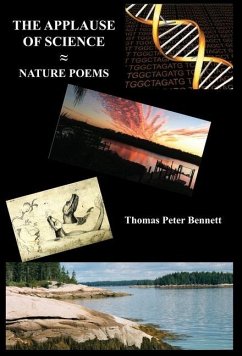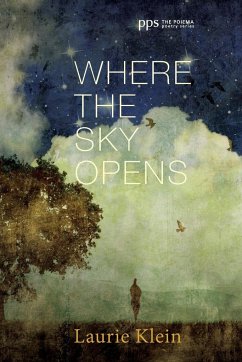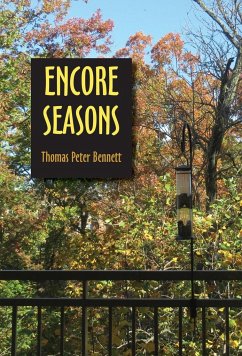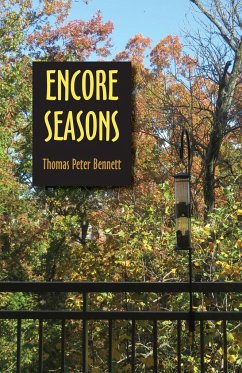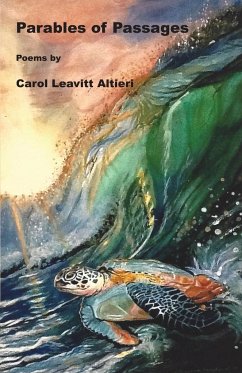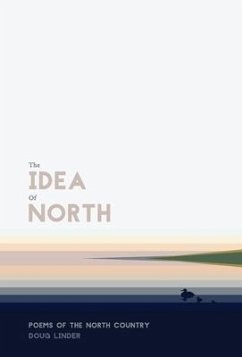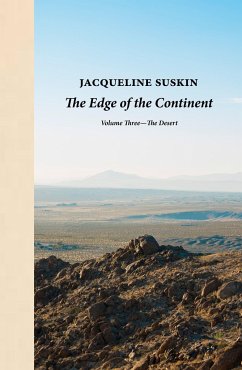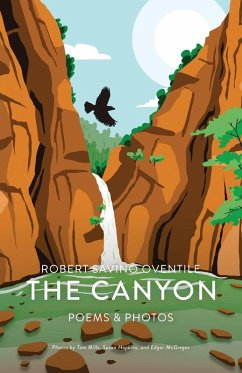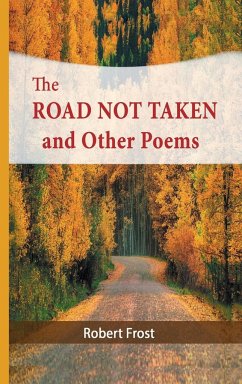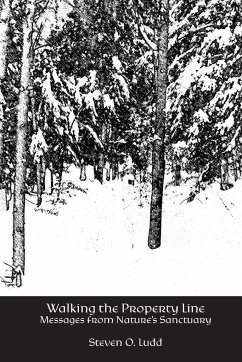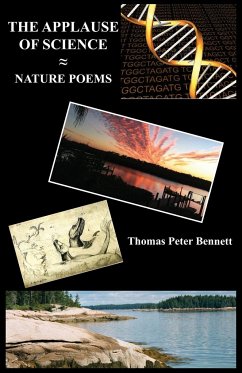
The Applause of Science

PAYBACK Punkte
9 °P sammeln!
The Applause of Science is a poetry collection that explores nature in diverse environments through the lens of science. The poems pay homage to Walt Whitman, whose sage appreciation of the amity between poetry and science made him the first American poet to tackle boldly the problem of reconciling these two seemingly disparate fields. As a poet of the natural world, Whitman tried to understand nature as accurately and thoroughly as possible. Leaves of Grass is Whitman's central work and one of the most important books in U.S. literary history. He envisioned this magnum opus in 1855 as a livin...
The Applause of Science is a poetry collection that explores nature in diverse environments through the lens of science. The poems pay homage to Walt Whitman, whose sage appreciation of the amity between poetry and science made him the first American poet to tackle boldly the problem of reconciling these two seemingly disparate fields. As a poet of the natural world, Whitman tried to understand nature as accurately and thoroughly as possible. Leaves of Grass is Whitman's central work and one of the most important books in U.S. literary history. He envisioned this magnum opus in 1855 as a living, growing, organic being of its own, and Whitman himself oversaw six significantly different editions of the book during his lifetime. Each edition until 1892 had many similarities to its predecessor but contained substantial textual variations, from poems that were added or edited out to revisions of old poems, the shifting and recombination of existing ones, and differing layouts. However, Whitman's 1855 applause of science-his exclamations, Hurrah for positive science! Long live exact demonstrations! and Smile O voluptuous cool-breathed earth--resonate throughout all six editions. The Applause of Science consists of seven parts. The first is REDUCTIONISM, a set of poems on the molecular biology of nature and several scientific hypotheses on the topic. RAIN, the second part, analyzes water-the substance of all life- in its myriad forms and appearances. In FLORIDA RIVER, the role of water as habitat for Florida's plants and animals is examined. MAINE TIDES lyrically transports the reader to the coastal summer haunts of Maine, where creatures and habitats stand in sharp contrast to those described in part five, FLORIDA GULF COAST. Part six, BARTRAM'S TRAVEL, is inspired by the Floridian places and creatures which stimulated William Bartram's great nature work, Travels, and the many people who followed in Bartram's footsteps seeking out the plants and animals he described. Written from my current residence in Maryland, ENVOI, the final part, includes poems based on the changing seasons. This collection reflects my belief that the arts and sciences inform our experience and appreciation in our unending exploration of nature. -Thomas Peter Bennett, 2021



